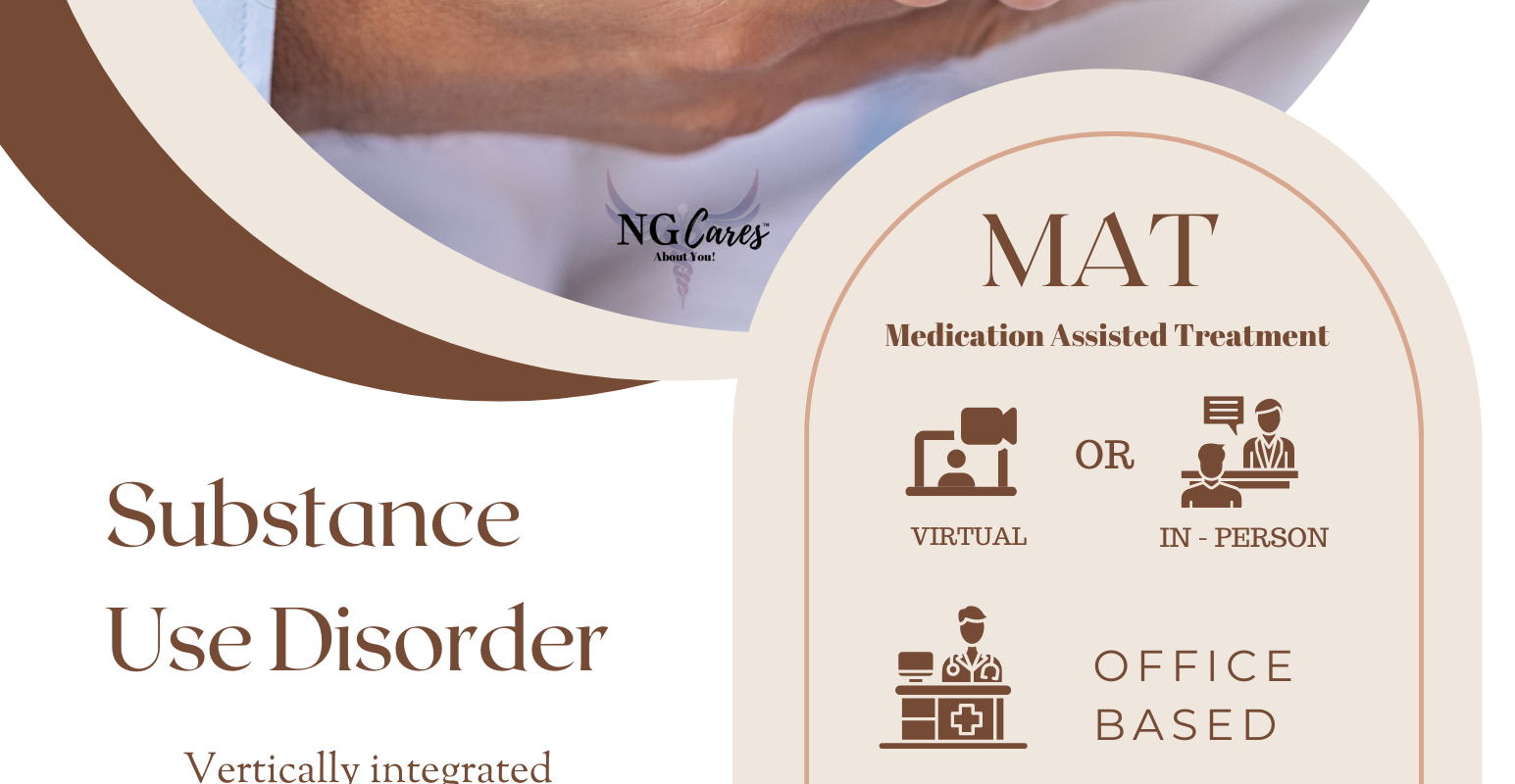Amidst the global opioid crisis, Medication-Assisted Treatment (MAT) offers a ray of hope, coupled with Office-Based Opioid Treatment (OBOT). These innovative care strategies stand as vital support systems, providing a comprehensive recovery approach and harm reduction for those struggling with opioid addiction.
MAT: A Comprehensive Approach to Opioid Addiction
MAT merges medication options like methadone, buprenorphine, and naltrexone with counseling and behavioral therapies. This multi-faceted approach addresses both the physiological and psychological facets of addiction, aiding in the management of cravings and withdrawal symptoms to foster lasting recovery.
Office-Based Opioid Treatment: Accessibility and Convenience
OBOT enhances MAT by delivering treatment in primary care settings, which reduces stigma and makes support more accessible, encouraging individuals to seek the help they need.
Harm Reduction: Prioritizing Health and Well-being
The MAT and OBOT methodologies prioritize harm reduction, offering medications that curb opioid effects and decrease cravings. This strategy helps to prevent overdoses and reduce relapse risk, thereby saving lives.
Improving Treatment Retention and Reducing Illicit Use
MAT has shown effectiveness in improving retention in treatment programs and diminishing illicit opioid use. By stabilizing patients, MAT supports sustained recovery, benefiting the individuals, their communities, and society.
Addressing Addiction as a Medical Condition
MAT recognizes addiction as a chronic medical condition, not a moral failure. Evidence-based treatments that focus on addiction biology reduce stigma and promote compassionate care.
Reducing Infectious Disease Transmission
MAT plays a role in decreasing the transmission of diseases like HIV and hepatitis C among people who inject drugs by providing access to sterile needles and syringes through harm reduction programs, thus bolstering individual and public health.
A Shift in Addiction Care
Medication-assisted treatment and Office-Based Opioid Treatment signify a shift toward a more compassionate, harm-reducing, and recovery-oriented approach to addiction care. Embracing these strategies can help alleviate the impact of the opioid crisis and contribute to a healthier society.





